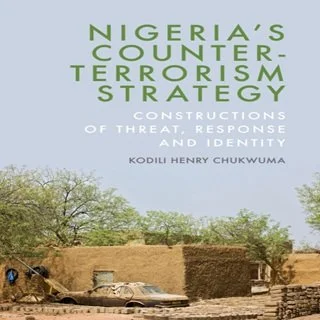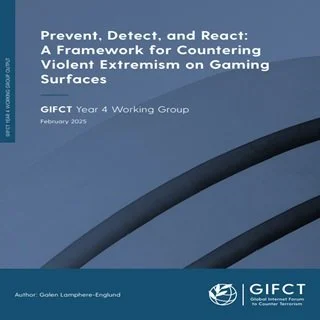By Moonshot
Over a one year period from April 2021 - March 2022, Moonshot partnered with three violence prevention organizations to deliver an online interventions pilot in two Canadian provinces. The pilot advertised psychosocial support services to individuals engaging with extremist content online. Access to these services was voluntary, confidential, and anonymous by design. Our goal was to offer a secure pathway for at-risk individuals to contact a trained therapist or social worker. We built this approach around offering integrated care. Together with our intervention partners, we crafted our advertising messages and service websites to emphasize the confidential, non-judgemental support that callers would receive. Individuals who reached out were connected to an interdisciplinary team, which included a therapist, youth engagement workers, a psychiatrist, and other intervention staff who could offer services like counseling, employment support, addiction support, or simply a space to talk. Our partners were the Estimated Time of Arrival (ETA) team in Ontario, and Recherche et Action sur les Polarisations Sociales (RAPS) in Quebec. The Canadian Practitioners Network for the Prevention of Radicalization and Extremist Violence (CPNPREV) acted as a convening and best practice provider, and supported our pilot evaluation. A description of each organization is at the end of this report. Moonshot’s intervention campaigns ran for a total of six months, and reached individuals consuming incel and violent far-right extremist content on Google Search and YouTube. Our online interventions focused on meeting individuals’ psychosocial needs, and appealed to vulnerabilities and grievances, such as anger, frustration, exhaustion, and isolation. Executive summary Key outcomes Moonshot redirected 786 at-risk individuals to our intervention partners’ websites. 22 initiated a conversation with a counselor. Four individuals formally registered and engaged with a service provider for several months, in addition to those who accessed virtual counselling without going through the registration process. At least one person who initially shared violent impulses has been able to find positive, hopeful alternatives for the future. Moonshot’s ads reached users engaging with harmful content on Google and YouTube 44,508 times. Among the hundreds of users redirected to ETA and RAPS’ websites, 26 were watching influential incel YouTube channels and 39 had searched Google for high-risk keywords related to incel and violent far-right ideology (“looksmax org”; “1488 tattoos”). Moonshot, ETA, RAPS, and CPN-PREV established an effective multi-sectoral partnership. During our pilot program, we co-designed support pathways and risk escalation procedures for each service area, built teams’ capacity to deliver online interventions safely and effectively, and engaged at-risk audiences online. This pilot provides a blueprint for future interventions to reach and engage at-risk internet users. New iterations of this work can reach larger audiences by expanding advertising beyond the pilot platforms, strengthening and expanding cross-sectoral partnerships, and testing new ways to reach often-isolated internet users.
Washington, DC: Moonshot, 2023. 13p.





















